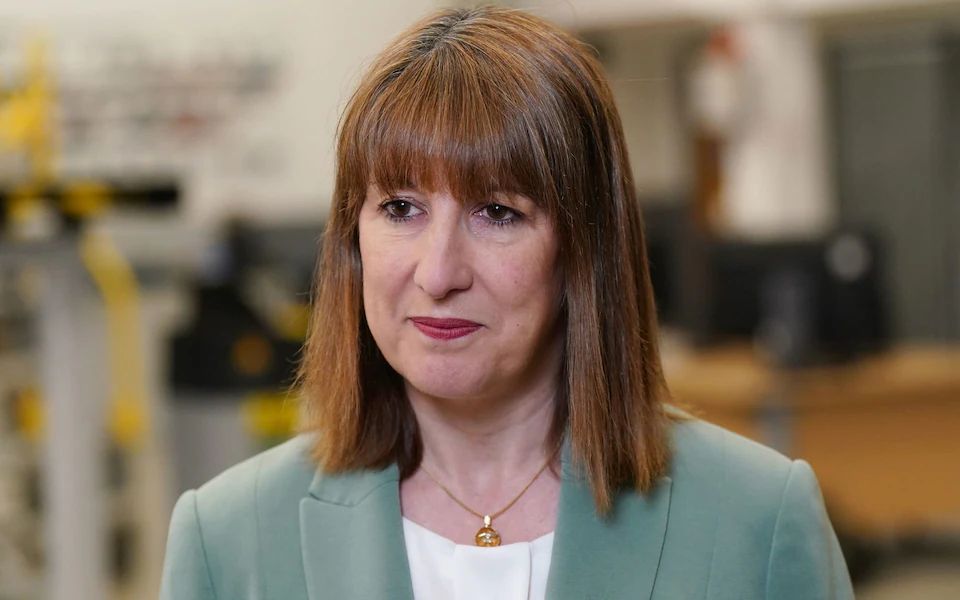A group of Labour MPs has called on Chancellor Rachel Reeves to abolish council tax and replace it with a fairer system, as she prepares to deliver her second and potentially most challenging budget next month.
In a letter sent to Reeves last month, 13 Labour MPs predominantly representing constituencies in northern England, urged the chancellor to be bold in tackling what they described as a deeply regressive and outdated property tax system. The MPs argue that council tax unfairly penalises communities outside London and the south-east and no longer reflects modern property values.
“Created in the early 1990s and still based on property valuations from 1991, it bears little resemblance to the realities of today’s housing market, while the result is a system that punishes communities like our widens inequality and holds Britain back,” said the MPs
The intervention comes as Reeves faces a budgetary black hole estimated between £20bn and £30bn, due in part to an expected downgrade in UK productivity forecasts by the Office for Budget Responsibility (OBR). The chancellor is under pressure to find new sources of revenue without breaching Labour’s election pledges to avoid increases to income tax, VAT or national insurance.
The MPs did not outline a specific replacement for council tax but called for a new approach that better reflects the sharp regional disparities in house price growth over the past 35 years. Property prices in the south-east have risen by more than six times since 1991, compared to just threefold increases in the north-east.
Signatories to the letter span both the left and right of the Labour Party, including Blue Labour members Jonathan Brash, Jonathan Hinder and Dan Carden, as well as socialist MPs Andy McDonald and Jon Trickett.
The push aligns with growing calls from economists and think tanks for wholesale reform of property taxation. This week, the Institute for Fiscal Studies (IFS) urged Reeves to prioritise replacing stamp duty and overhauling council tax, arguing that the current system is inefficient and unfair.
Earlier this year, the Treasury was considering the introduction of an annual property tax based on purchase values, potentially replacing both council tax and stamp duty in the long term.
“Families in modest homes in our constituencies pay far more, relative to the value of their property, than those in multimillion-pound houses in London and the south-east,” the MPs wrote. “Only by confronting its outdated design head-on can we begin the process of delivering a fairer, more sustainable system that works for every part of the country.”
A Treasury spokesperson responded cautiously to the letter, saying: “The chancellor has been clear that at the budget she will strike the right balance between making sure that we have enough money to fund our public services, whilst also ensuring that we can bring growth and investment to boost living standards.”
The chancellor is expected to set out her full tax and spending plans in the Autumn Budget, scheduled for next month.



